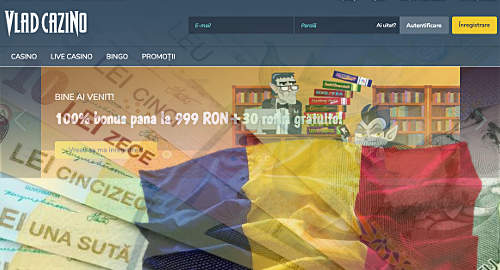 Romania’s online gamblers are starting to feel the negative effects of their government’s new tax rules.
Romania’s online gamblers are starting to feel the negative effects of their government’s new tax rules.
Shortly before last Christmas, Romania’s government issued a surprise announcement that, starting early this year, locally-licensed operators would now be required to pay a 2% tax on their gambling turnover, with the first payment to be delivered to the government as of February 25.
But shortly before that deadline arrived, the government announced a change of heart. The wildly unpopular ‘tax on greed’ would now be applied to customer deposits, not operator turnover. A reprieve of sorts for the country’s couple-dozen online gambling licensees, but bad news for Romanian gamblers, whose deposits would no longer go as far as they once did.
As of March 13, the Kindred Group’s Romanian-licensed Unibet and Vlad Cazino brands became the first online operators to inform their local customers that their deposits would now be subject to the 2% deduction at source. This reportedly came as something of a letdown for Romanian punters, some of whom had held out the hope that operators would eat this cost rather than pass it on to their customers. Ah, to be young and foolish again…
Some local math whizzes have estimated that the new deposit tax will have a negative impact of between 4-6% on Romanian online operators’ gross gaming revenue, which, along with a 3% tax on bonus offers, puts Romania’s effective online gambling tax rate somewhere around 25%.
That is, if the taxman can find you. Romania’s Oficiul National Pentru Jocuri de Noroc (ONJN) regulatory body recently posted a list of some 27 operators that appear to have declined to respond to the ONJN’s requests for payment for the operators’ activities in Romania during the period covering 2015-18.
The ONJN indicated that it had attempted to contact these operators using the information the regulator had on file, only to discover that the info was out of date. As a result, the ONJN said it had no choice but to issue the requests for payment via its website and hope that this public shaming would help smoke the scofflaws out of their holes.